Description
This washed process, AA grade coffee comes from Tinganga Estate in Kenya’s Kiambu county. Tinganga is a 450 acre coffee farm first established by British colonists but is now one of 6 estates owned and operated by Sasini, a publicly listed company with a majority Kenyan ownership.
Contrary to most American coffees, the bulk of coffee production in Africa is small holder, aggregate coffee. Estate coffee like this are often a rare gem. Estates have the advantage of being able to control both growing and processing, often having dedicated agronomists and nurseries providing healthier and happier trees.
Sasini’s estates have long placed an emphasis on equity and community. In the case of the estates’ workers this involves the provision of living quarters, early child education, union membership and guaranteed payment above minimum wage. They have also been able to invest further in the local primary school Njenga Karume. This has principally been through the building of a new computer lab to equip students with the IT skillset to maximise their oppotunities in an increasingly digital world.
Tasting Notes: A clean, fresh and bright Kenya coffee. Light to dark this will make a tasty cup. Full of citric and floral tones with small hints of a fruitiness, good body with some buzzy acidity that will tingle your tongue. Lighter roasts do have some lemony goodness but it’s crisp and defined, not quite mouth puckering. Hints of black tea spice with a small herbal chocolaty factor are present even at lighter roasting and balance out the cup nicely. Sweet edged with some hints of a fruity factor between the lemony floral front end and chocolaty herbal spice undertones. Medium roasts and smooth and accentuate the chocolaty factor, muting up most of the acidity, a very easy to drink cup. Darker roasts were equally as tasty and drinkable, retains it sweet edge and was not too roasty.
Roasting Notes: A beautiful screen of coffee, easy to roast. Low to medium chaff and even roasting making it an easy bean to play with different roast levels. Similar to other Kenyans and many Africans, the coffee darkens up quickly which can be a little deceptive, I would say the beans look 1 shade darker in the roaster than they actually are, assuming you are used to roasting Central or South American coffees.
Kiambu county sits adjacent to Nairobi, Kenya’s capital city, and is a coffee powerhouse. Along with an extensive community of coffee mills, exporter warehouses and quality labs, and the Coffee Research Institute (near Ruiru Town, after which the disease-resistant hybrid is named), Kiambu is also home to many of Kenya’s largest and oldest coffee estates. Despite the vast number of smallholder farmers in Kenya the estate system persists, and in many cases reflects both Kenya’s colonial origins and its current identity as a self-actualized producer of some of the world’s most obsessed-over profiles.
Coffee’s history in Kenya is astonishingly short compared to Ethiopia, its neighbor to the north, with the introduction of coffee occurring around the turn of the 19th century at the hands of British missionaries who brought bourbon-lineage coffee trees from Brazil. As the value of the cash crop grew in the European marketplace, the British settlers would force indigenous Africans out of the trade by outlawing coffee production outside their colonial estate network. This however did not stop the British from requiring unpaid labor from the same population to further reduce their costs and boost output for the colony. It wouldn’t be until the years of conflict prior to Kenya’s independence, from 1952-1960, that indigenous Africans would be permitted to plant coffee—although for years afterward plantings were severely limited and none of the coffee produced by smallholders was permitted to be consumed. Since independence, the large estate holdings have evolved to reflect Kenya’s modern demographic: ownership can be single families, corporations, or groups of shareholders.
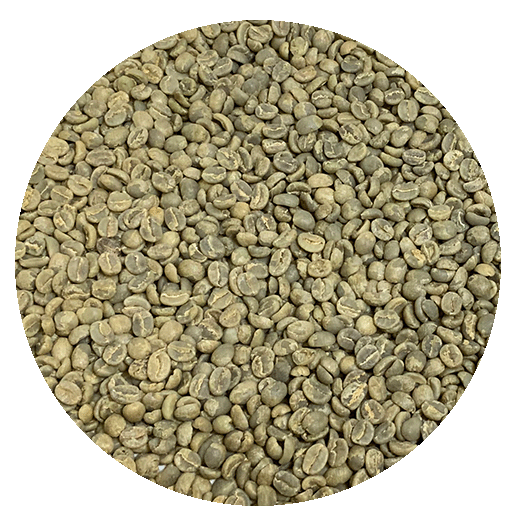
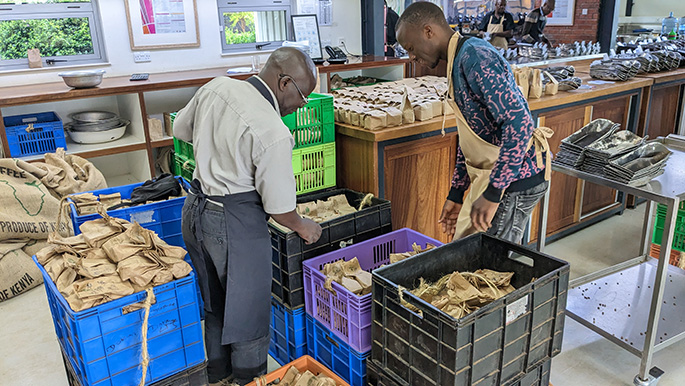
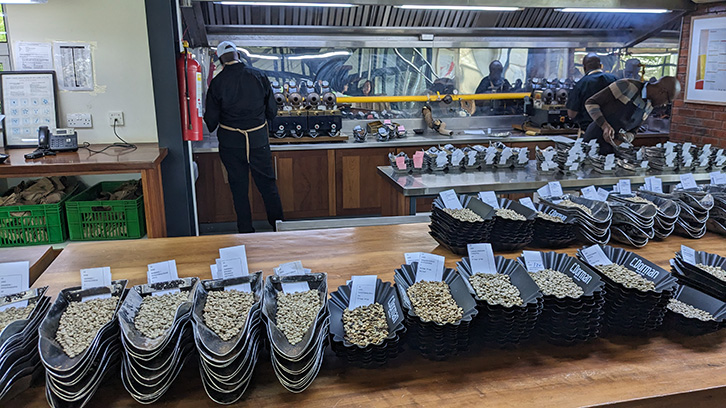
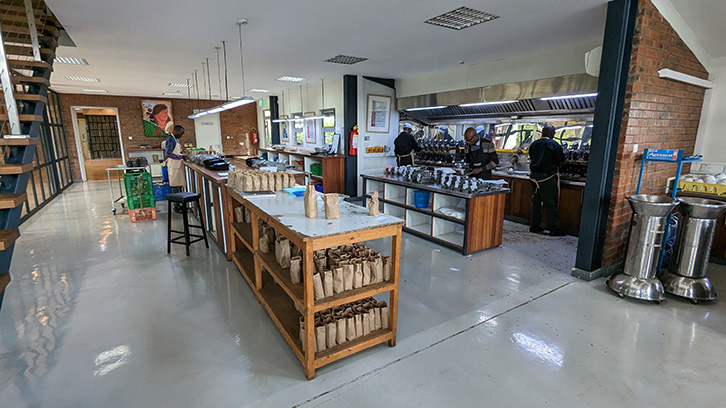
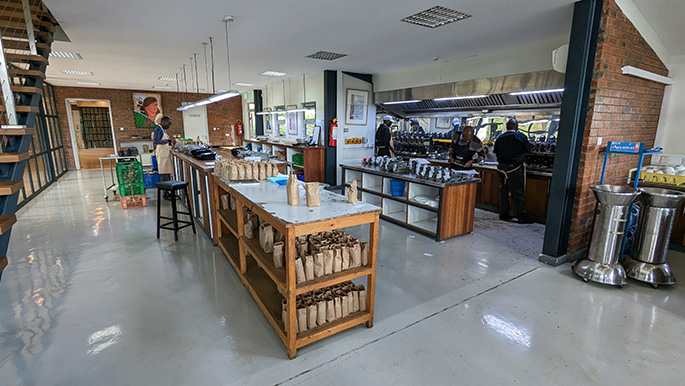
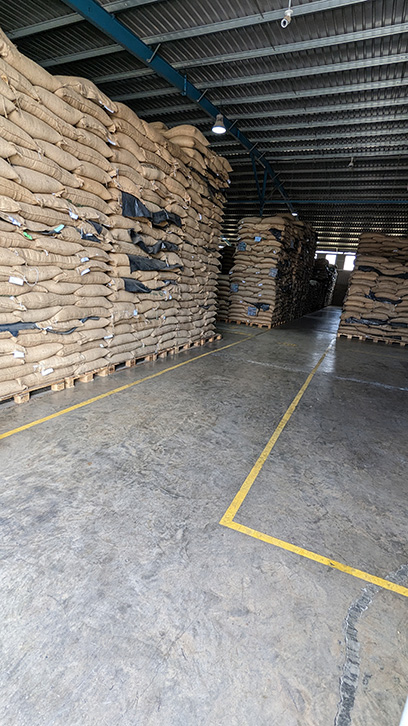
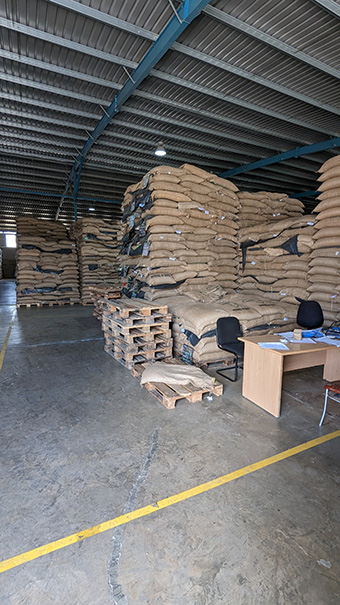
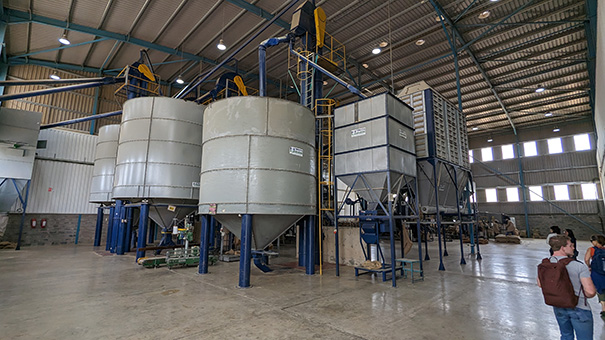
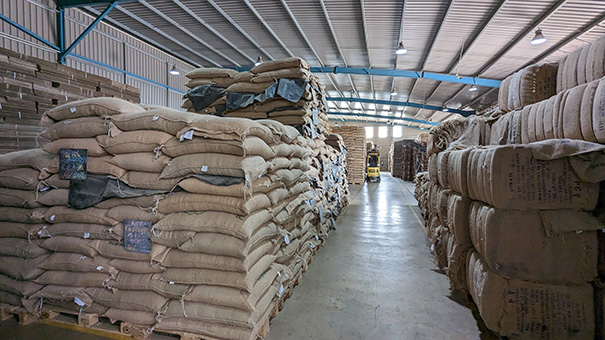
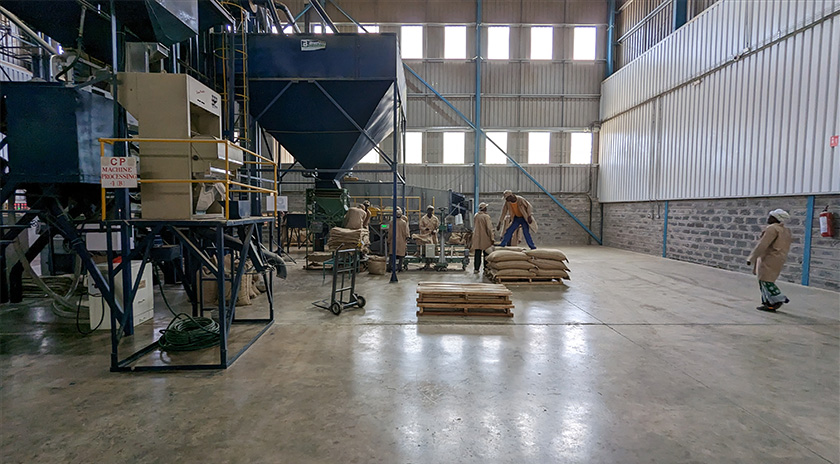
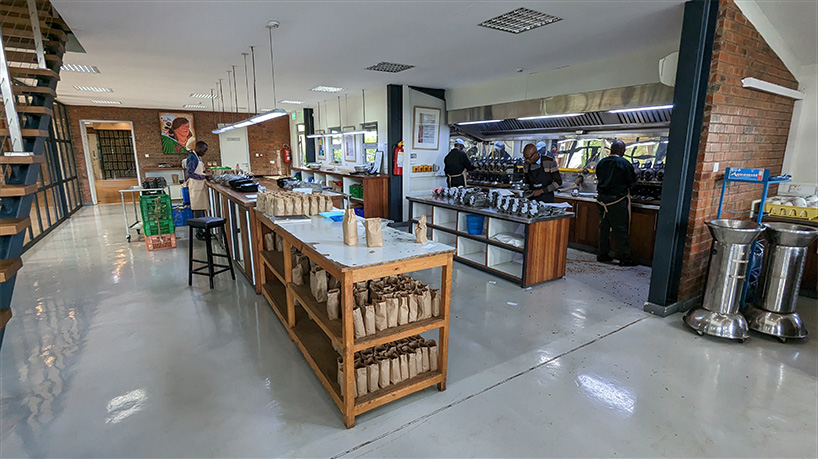
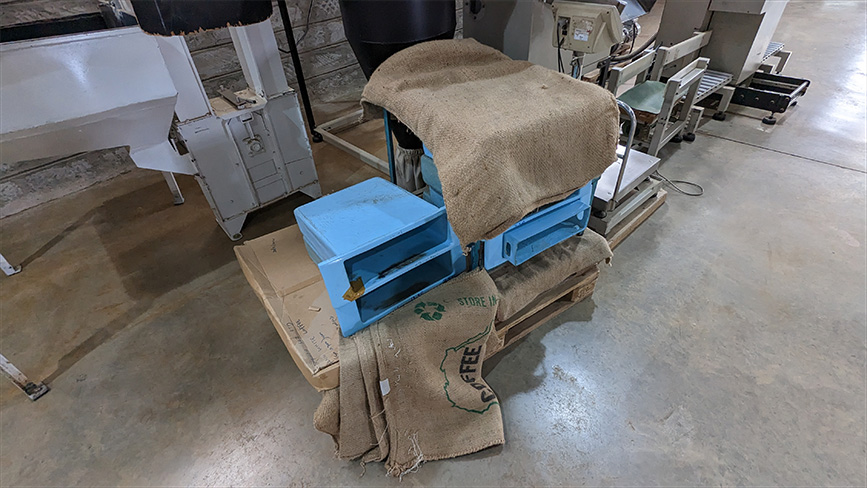
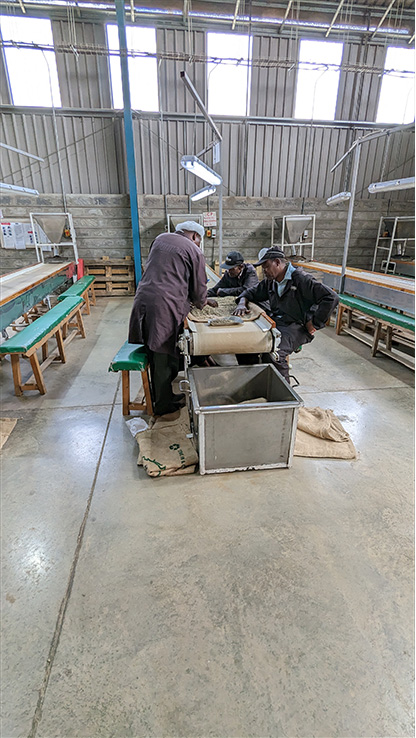
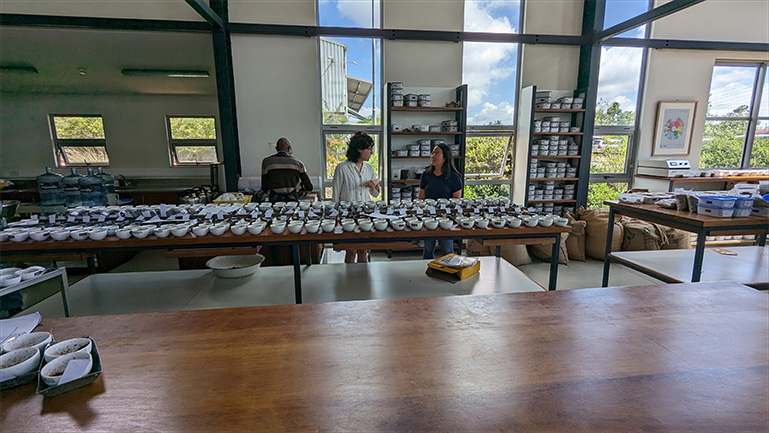
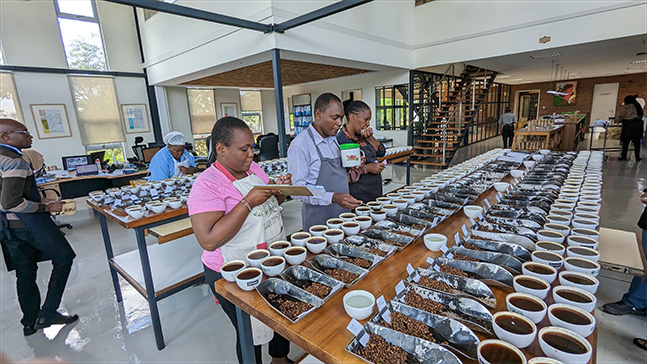
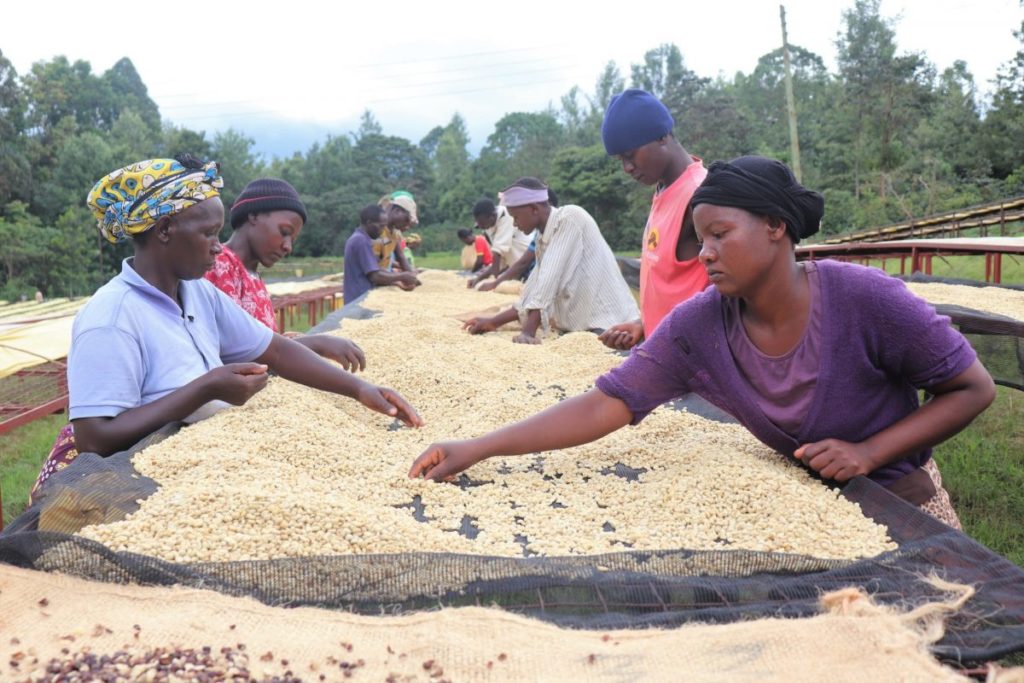
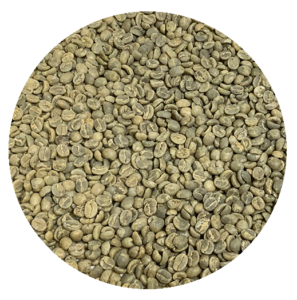
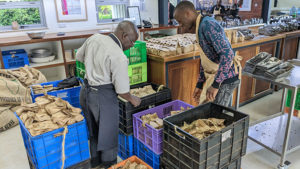
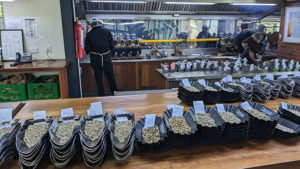
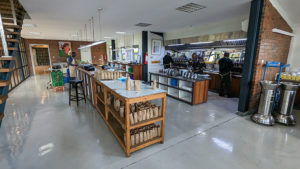
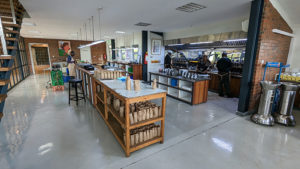
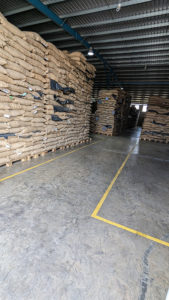
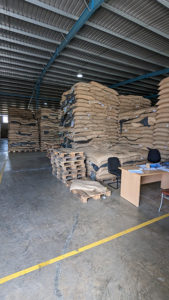
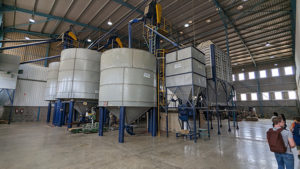
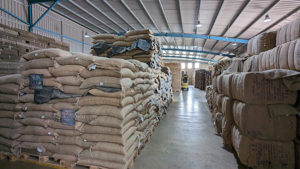
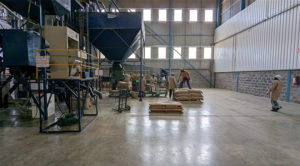
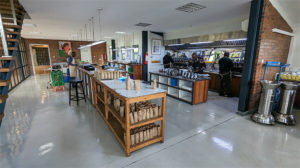
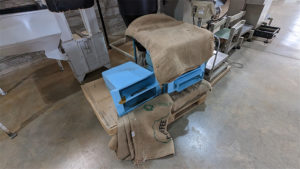
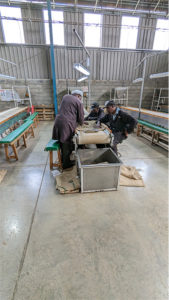
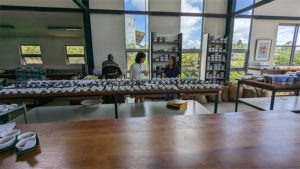
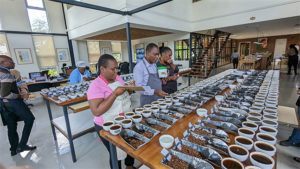
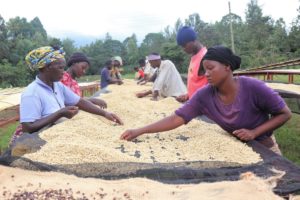
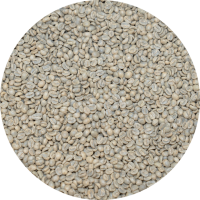
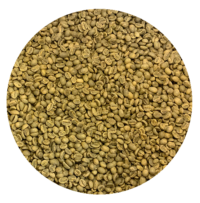
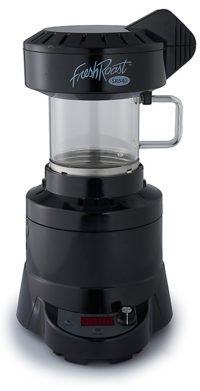


Reviews
There are no reviews yet.